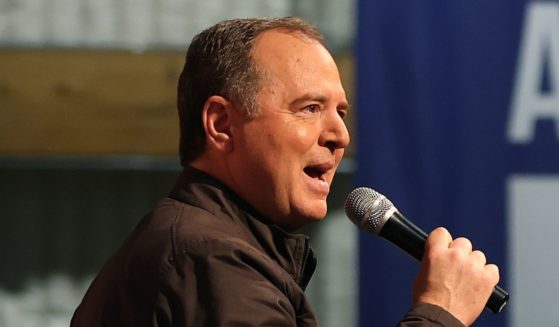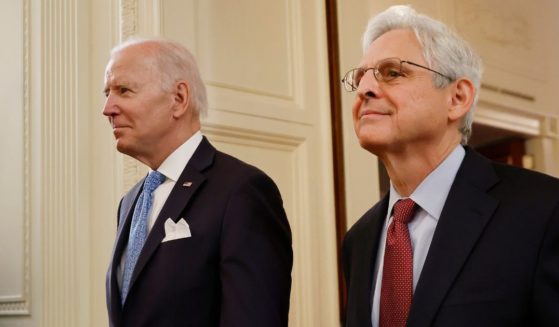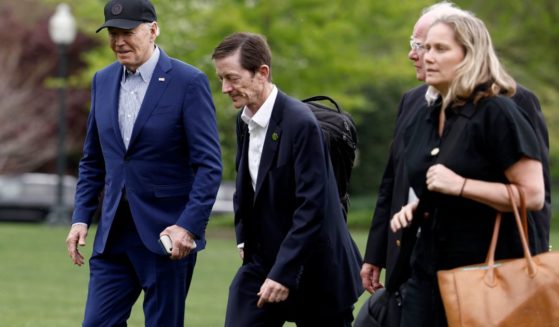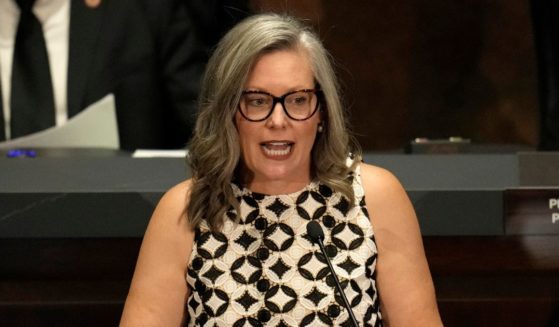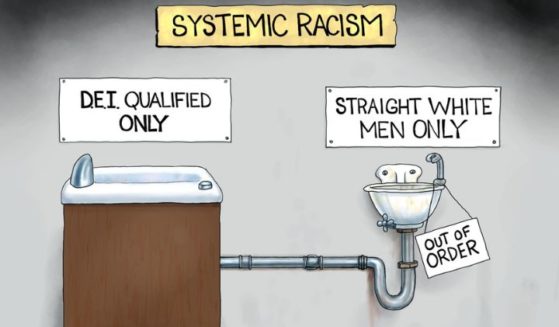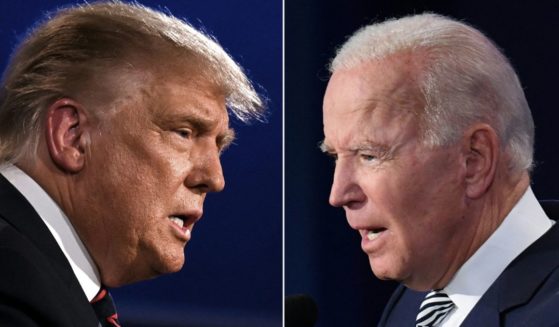American Man Who Escaped Venezuela's Socialist Regime Recounts 2 Years of Torture
The ransom calls began soon after Carlos Marrón learned his father hadn’t returned from his evening walk.
The kidnappers wanted to deal with Marrón directly; he hastily boarded a flight from his adopted home in Miami to Venezuela, hoping to negotiate a swift release.
Things didn’t go as planned.
At the airport outside Caracas, agents from a feared state security force detained Marrón. Without any explanation, he said, they rushed him to their headquarters.
Marrón said the interrogation started in a basement holding cell. Agents demanded he confess to operating a website that published the black market exchange rate of Venezuela’s bolivar for U.S. dollars, something the socialist government considered a crime.
When he denied it, Marrón said, the torture began.
There followed two days of intense beatings and asphyxiation, the start of nearly two years in the Venezuelan jail, Marrón said.
He was charged with financial crimes but never tried; ultimately, he was freed for unclear reasons.
Marrón’s story was cited last year in a United Nations Human Rights Council report that concluded Nicolás Maduro’s government had committed crimes against humanity — a charge the government denied.
Now, in an exclusive interview with The Associated Press, Marrón has spoken publicly about his ordeal for the first time. His aim, he said, is to clear his name and expose abuses he witnessed.
“I want the world to know what’s happening in Venezuela today,” Marrón said. “Torture continues under the dictatorship.”
Born and raised in Caracas, Marrón practiced law before moving a decade ago to Miami, where he sells real estate.
Marrón, 43, said his troubles with Venezuelan authorities stemmed from the website domain dolarpro.com. He’d bought it years earlier as a business prospect, but never developed it.
He said he eventually turned the website over to an associate, who began publishing Venezuelan news and financial information — including the nation’s black market exchange rate, which was vastly different from official figures. Critics accuse government insiders of using this disparity to reap huge profits in corrupt business deals.
A 2010 presidential decree made it illegal to publish anything but the official exchange rate, and authorities regularly accused “speculators” of spreading false information for their own personal gain at the nation’s expense.
Hours after the arrest on April 11, 2018, Venezuela’s top prosecutor, Tarek William Saab, announced on state TV that authorities had captured Marrón, whom he described as a “financial terrorist” bent on undermining the livelihood of Venezuelans for his personal gain.
Charges, he said, included publishing false information and money laundering.
“Perhaps he’s out to destroy more than 30 million Venezuelans,” Saab said, comparing Marrón’s actions to “mass murder.”
And his jailers treated him as such.
Marrón said they beat him with a metal baton, striking his shoulders, knees and the bottom of his feet. They put a hood over his head and soaked it with water.
“They suffocate you until you start to lose consciousness,” Marrón said. “Once they see that you’re fading, they let up.”
In one interrogation, a jailer asked if his father needed special medicine because he appeared close to death. That’s when Marrón said he knew his father had been abducted to serve as bait to lure Marrón back to Venezuela.
Much later, Marrón learned his father was released from the same jail four days after his own arrest.
While the worst abuse came in the first two days, Marrón said he later endured “soft torture” confined in a cramped cell with several other men.
They had to defecate into bottles or plastic bags that they could empty every few days. They received little food and drank tainted tap water which caused digestive illnesses. Marrón said he lost 66 pounds.
Tamara Taraciuk Broner, acting Americas deputy director for the Human Rights Watch, said Marrón’s imprisonment was typical in Maduro’s Venezuela, where civilians are often detained arbitrarily by military intelligence forces and subject to abuse and prosecutions without due process.
He was “a victim of the perverse system that Maduro and his cronies have put in place to silence anyone who publishes information that is critical or uncomfortable for the regime,” she said.
Critics say Venezuelan officials, battling runaway inflation caused by their own corrupt practices and looking to blame others for the ruined economy of their once wealthy oil nation, frequently target website operators to silence them.
“Basically, they want to hide how badly they have mismanaged the economy, how bad hyperinflation is,” Russ Dallen, head of the Miami-based investment firm Caracas Capital Markets, said. “And if you keep the people in the dark like mushrooms, they won’t know what is going on.”
The U.N. Human Rights Council alleges widespread torture and killings by security forces who also used techniques like electric shocks and genital mutilation, forms of abuse Marrón said he didn’t experience.
The General Directorate of Military Counterintelligence, the agency that arrested and detained Marrón, answers directly to Maduro, the U.N. report says.
Venezuelan officials have rejected the U.N.’s report, saying it was filled with “falsehoods” written “by a phantom mission directed against Venezuela by governments subordinate to Washington.”
Venezuela’s Ministry of Communications did not respond to an AP request for comment.
Authorities finally granted Marrón a conditional release in January 2020.
Marrón said it remains unclear why officials let him out of jail. He was freed with 13 other so-called political prisoners amid negotiations between Maduro’s government and opposition groups.
Authorities made him surrender his passport and agree not leave the country, but he plotted his escape from Venezuela in coordination with U.S. diplomats in Bogota.
He drove across country to the Colombian border, and on foot made his way to meet U.S. officials, who helped him return to Florida and his wife and two children.
Did you know that The Western Journal now publishes some content in Spanish as well as English, for international audiences? Click here to read this article on The Western Journal en Español!
The Western Journal has reviewed this Associated Press story and may have altered it prior to publication to ensure that it meets our editorial standards.
Truth and Accuracy
We are committed to truth and accuracy in all of our journalism. Read our editorial standards.

